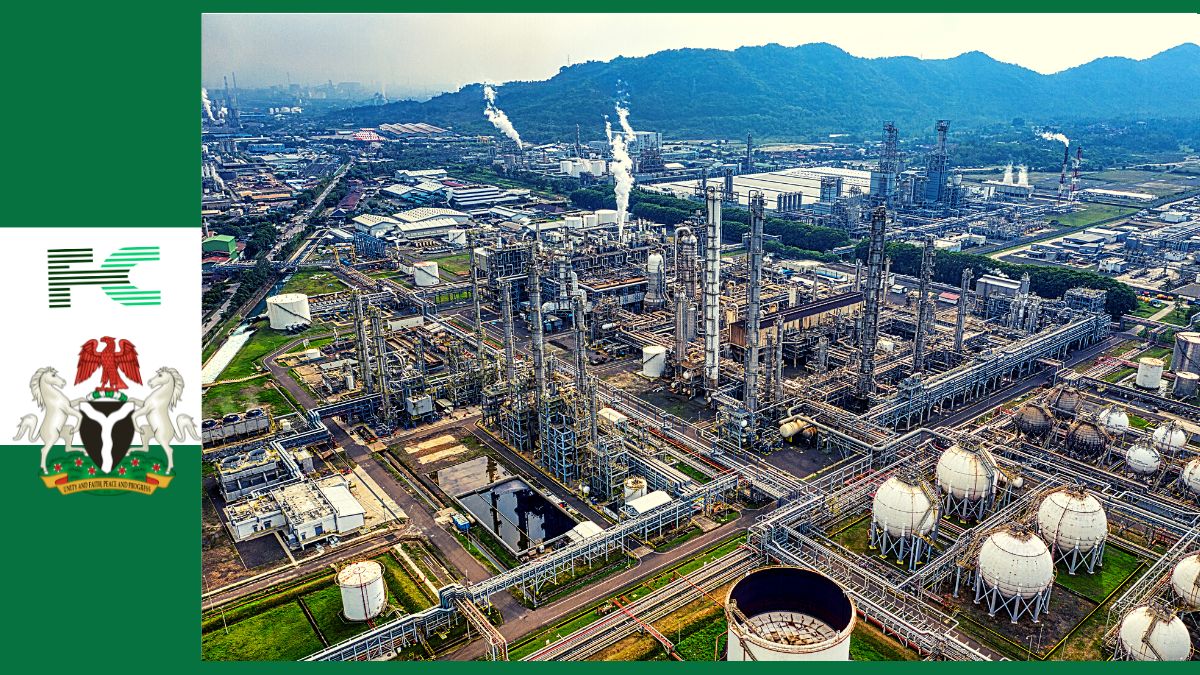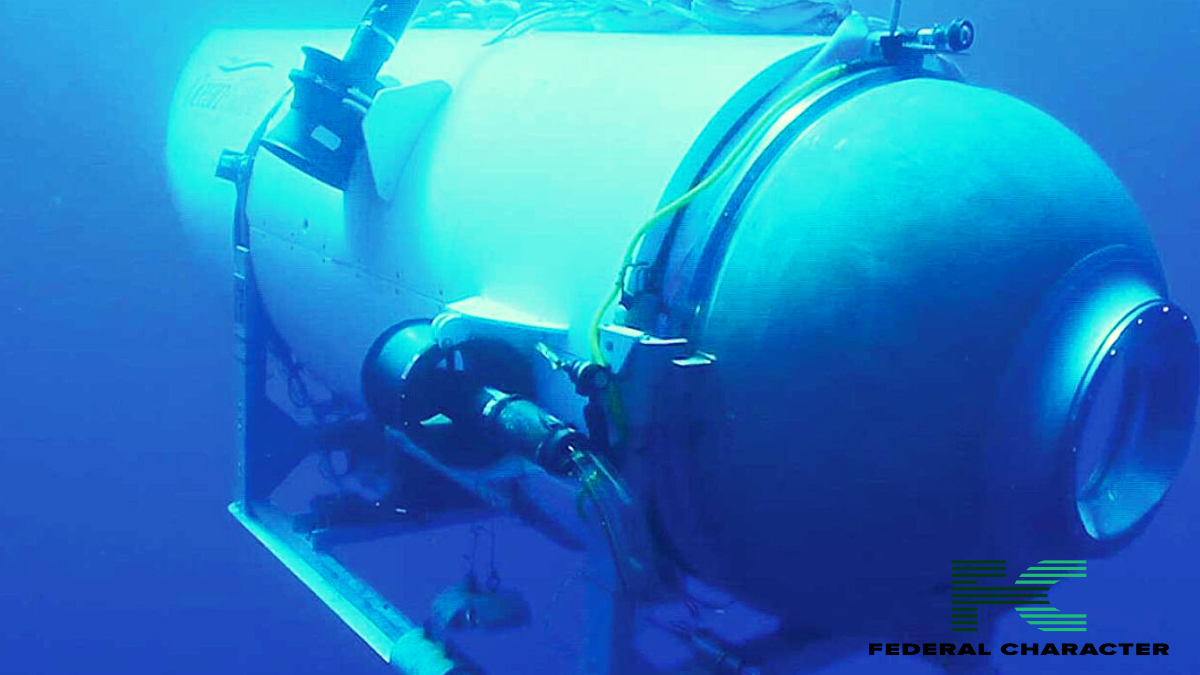China’s leader, Xi Jinping, has been elected to an unprecedented third term as president by the country’s rubber-stamp legislature.
That comes after a consolidation of authority that has elevated Mr. Xi, 69, to China’s most powerful leader in centuries.
The president’s functions in the Chinese system of governance are mostly ceremonial.
Mr. Xi has considerable power as General Secretary of the Communist Party and Chairman of the Central Military Commission (CMC).
The confirmation of his third term as president was widely anticipated. The appointment of a new premier and other ministries in the next few days is regarded as more significant.
All of the new appointees are anticipated to be Xi Jinping supporters. This includes Li Qiang, who is expected to be Mr. Xi’s deputy.
Mr. Xi has cemented his control as China returns to normalcy following his brutal zero-Covid policy, which has fueled anti-government protests.
The so-called Two Sessions of the National People’s Congress and the Chinese People’s Political Consultative Conference (CPPCC) this week will be widely observed because they will provide insight into China’s future orientation.
Since Mao Zedong, Chinese leaders have been limited to two terms in office. When Mr. Xi had this ban lifted in 2018, he became a figure with unprecedented clout since Chairman Mao.














